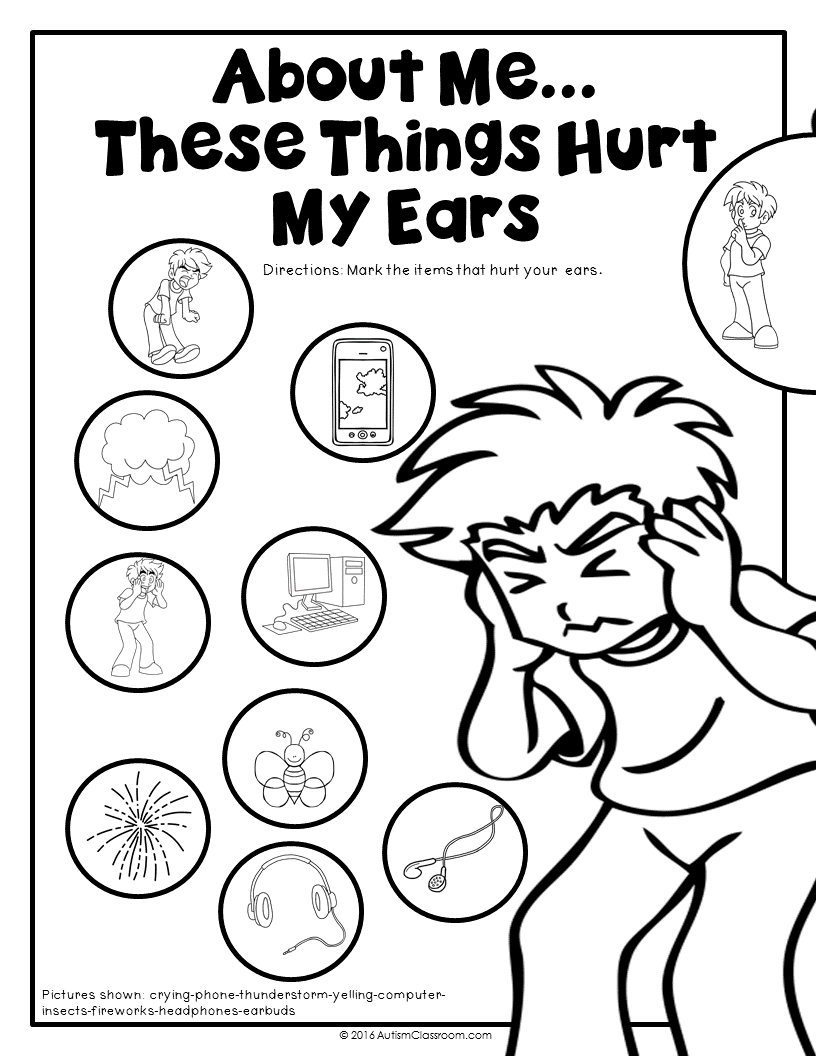Individuals with autism often struggle with understanding and navigating social interactions. Social skills worksheets can be a helpful tool in teaching and practicing these skills in a structured way. These worksheets can provide concrete examples and exercises to help individuals with autism learn how to communicate effectively, understand social cues, and build relationships with others.
One of the key benefits of using social skills worksheets for autism is that they provide a visual and tangible way for individuals to learn and practice social skills. These worksheets often break down complex social concepts into smaller, more manageable tasks, making it easier for individuals with autism to understand and apply these skills in real-life situations.
Social Skills Worksheets for Autism
There are a variety of social skills worksheets available for individuals with autism, ranging from basic communication skills to more complex social interactions. Some worksheets focus on teaching individuals how to initiate conversations, ask for help, or express emotions, while others may target skills such as reading body language, understanding sarcasm, or making eye contact.
These worksheets can be used in individual or group settings, and can be tailored to meet the specific needs and abilities of each individual. By incorporating social skills worksheets into therapy sessions or daily routines, individuals with autism can practice and reinforce their social skills in a structured and supportive environment.
It is important to remember that social skills worksheets are just one tool in a larger toolbox of strategies for teaching social skills to individuals with autism. It is also important to provide opportunities for individuals to practice these skills in real-life settings, and to provide feedback and support as they navigate social interactions.
Overall, social skills worksheets can be a valuable resource for individuals with autism who are looking to improve their social skills and build meaningful relationships with others. By incorporating these worksheets into therapy sessions, school settings, or daily routines, individuals with autism can learn and practice essential social skills in a structured and supportive way.
In conclusion, social skills worksheets for autism can be an effective tool in teaching and practicing social skills in a structured and supportive way. By breaking down complex social concepts into smaller tasks and providing concrete examples and exercises, individuals with autism can learn how to communicate effectively, understand social cues, and build relationships with others.
